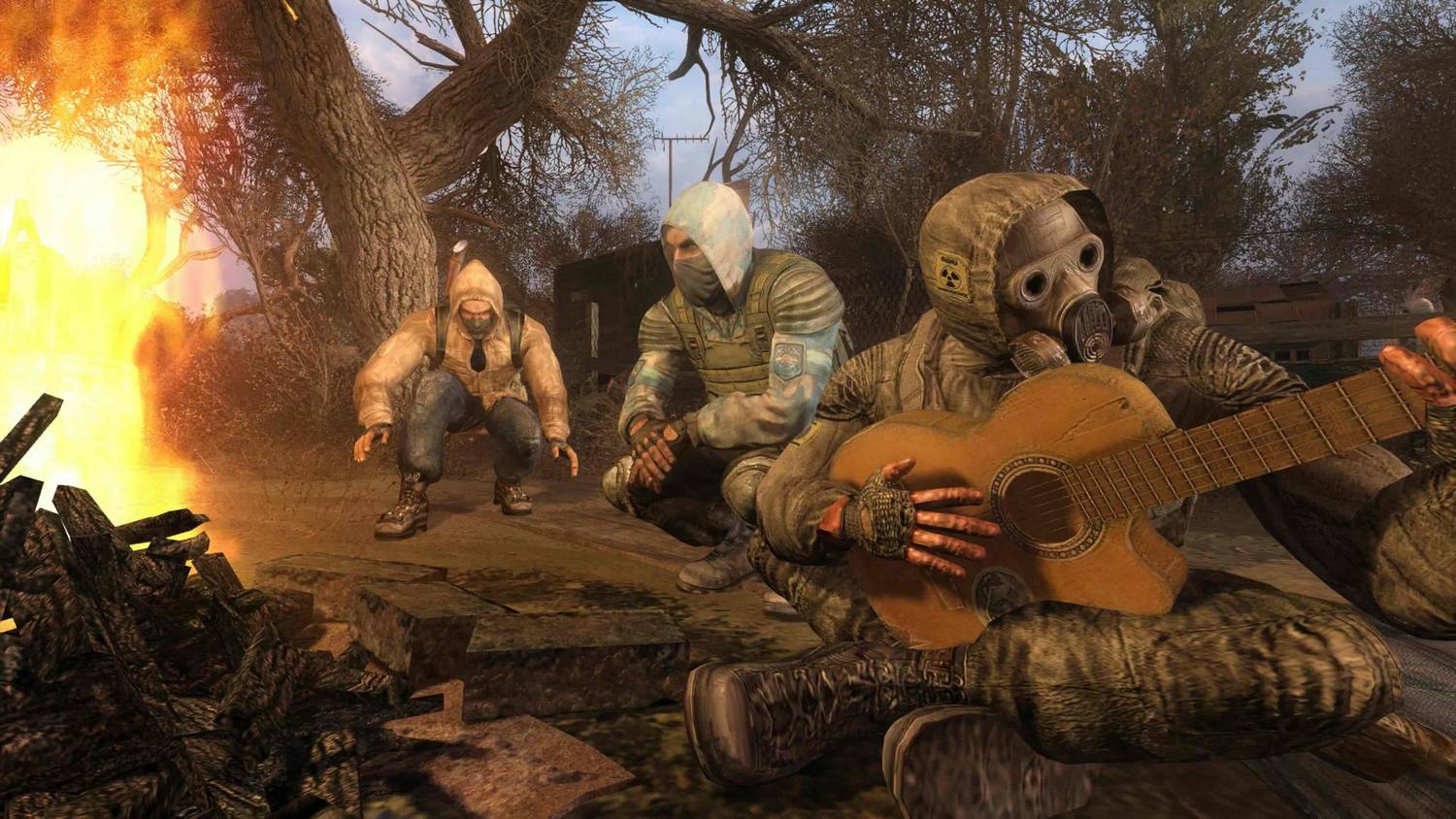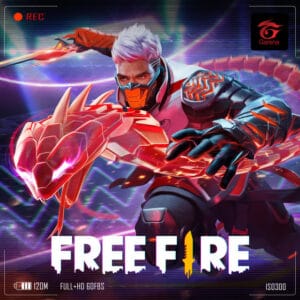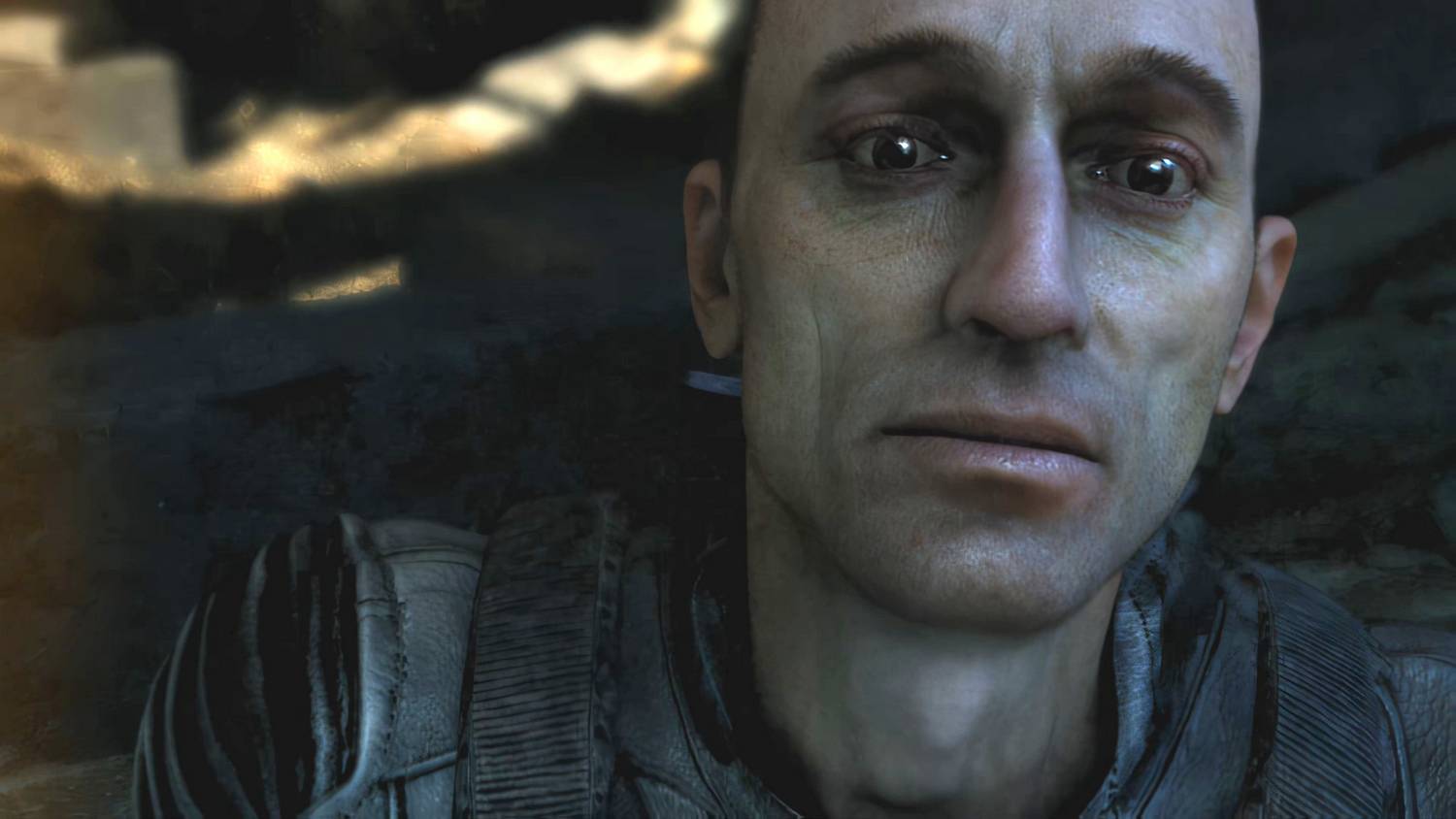The Sick Satisfaction of the S.T.A.L.K.E.R. Achievement Hunt
Popular Now
 Valorant
Valorant
 Sonic the Hedgehog™ Classic
Sonic the Hedgehog™ Classic
 Free Fire
Free Fire
 Geometry Dash
Geometry Dash
 BeamNG.drive
BeamNG.drive
 Rust
Rust
 Fortnite
Fortnite
 League of Legends
League of Legends
 PUBG Mobile
PUBG Mobile
 Minecraft
Minecraft 
For a certain kind of gamer, the hunt for achievements is an addictive, almost pathological pursuit. It’s the digital equivalent of a collector’s addiction, a compulsion to tick every box and fill every progress bar. The release of the S.T.A.L.K.E.R.: Legends of the Zone Trilogy remaster on Steam has reignited this obsession for many, revealing a new and painful truth: the grim, unforgiving world of the Zone has become a canvas for a very specific, and very sick, kind of completionist behavior. The achievements, which were largely absent in the original PC versions, are now a siren call for players to engage in all kinds of dark, absurd, and often counter-intuitive actions for the sake of a little pop-up notification.
 From Survival Horror to Achievement Grinding
From Survival Horror to Achievement Grinding
The original S.T.A.L.K.E.R. games were defined by their harsh, emergent gameplay and a brutal sense of realism. Your goal was to survive the dangerous, radioactive Exclusion Zone, not to get a trophy for drinking 25 energy drinks or selling 20 dog tails. The remaster, however, has retrofitted the games with a full slate of achievements, and the results are both hilarious and deeply disturbing. For example, to get the “The worst stalker in the Zone” achievement, you must shoot a wounded stalker named Tolik, who is begging for a medkit, at the very beginning of the game. The achievement is a direct invitation to be a morally bankrupt monster, a far cry from the nuanced moral dilemmas the game is known for. Other achievements are just as bizarre and grind-heavy:
- “A decent start”: Help Tolik and save him. This requires you to do the “right” thing, but it’s now just a different path to a different pop-up.
- “I’m done with drinking for good”: Drink 25 bottles of Cossacks, the in-game vodka. This can be done by simply finding a stash of vodka, saving your game, drinking all of it, and then reloading the save to get the achievement and not lose your items.
- “Boltman”: Die from five different types of anomalies. The game, which is designed to make you avoid these deadly hazards, now gives you a reason to actively seek them out for a trophy.
- “The last mammoth in the Zone”: Buy a weapon from a stalker for 800 rubles. A simple transaction, but now it’s a mission objective for the most obsessive players.
 The Perilous Nature of Digital Collectibles
The Perilous Nature of Digital Collectibles
This raises an interesting question about the nature of achievements and their impact on game design. For a game like S.T.A.L.K.E.R., which is built on a sense of atmosphere and immersion, the presence of these achievements can feel like a direct contradiction to the core experience. The grim, desolate world of the Zone is meant to be a place of moral ambiguity, not a playground for ticking off a checklist. The feeling of killing a mutant, or surviving a dangerous emission, is no longer just a victory; it’s a contribution to a progress bar. The tragedy is that for many players, the little Steam pop-up is more powerful than the in-game narrative or the sense of accomplishment from simply surviving. It’s a testament to the powerful hold that these digital collectibles have on our gaming brains.
The “grind” of the original games, which was a natural part of survival, has now been formalized into a series of tasks. This can be seen in achievements for killing a certain number of enemies, or collecting a certain number of artifacts. While these are common for many games, in S.T.A.L.K.E.R. they feel particularly out of place. The game’s new audience, many of whom are coming to the series for the first time on consoles, will likely see these achievements as a natural part of the experience, and will engage in the strange, often nonsensical, tasks required to get them. This highlights a fascinating and sometimes perverse relationship between players and developers, where the promise of a digital reward can turn a survival experience into a sick and twisted game of checklist-ticking.
Conclusion: The Achievement is My Anomaly
The S.T.A.L.K.E.R. remaster has brought the classic series to a new generation, but it has also exposed a darker side of modern gaming culture. The presence of these achievements, from the bizarre to the morally questionable, has turned a deep and atmospheric survival game into a twisted checklist. For the sickos among us who live for that “pop” of an achievement, the Zone is no longer just a place of horrors; it’s a new playground, a place to perform all kinds of absurd, unspeakable acts in the pursuit of 100% completion. The grim reality is that in the world of S.T.A.L.K.E.R., the biggest anomaly of all might just be the player’s own obsessive need for a digital pat on the back.









 From Survival Horror to Achievement Grinding
From Survival Horror to Achievement Grinding The Perilous Nature of Digital Collectibles
The Perilous Nature of Digital Collectibles